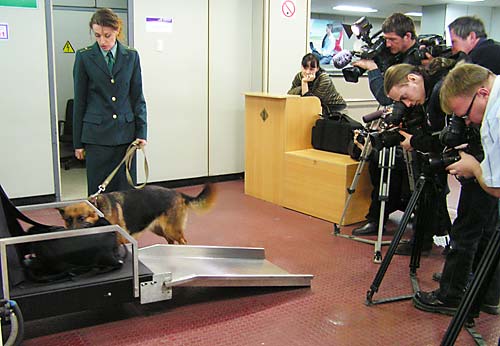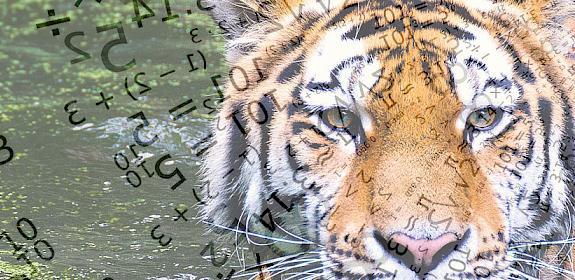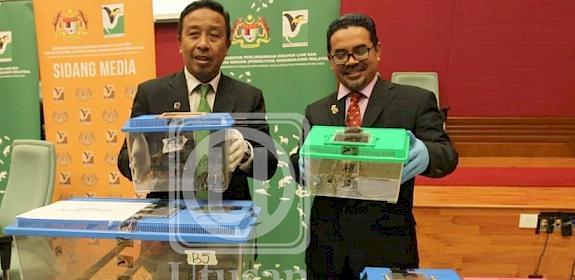Sniffer dogs detect wildlife smuggling in Russian Far East
Vladivostock, Russia, 4th March 2010—A programme of using sniffer dogs to track down wildlife smuggling is proving a success in border regions of the Russian Far East (RFE).

A total of 88 specially trained dogs in the Far Eastern Operative Customs’ sniffer dog service have been trained to sniff out illegal goods, including drugs and arms. The animals operate in 13 Customs Divisions in 49 Customs checkpoints.
Half the dogs have been specially trained to locate wildlife parts, in particular to recognize Tiger scent. Their expertise has resulted in several arrests, particularly in Birobidzhan on the Chinese border, where wildlife seizures have included Tiger bones.
TRAFFIC and WWF Russia have provided technical advice and training for enforcement officers involved in detecting wildlife crime, and in May 2009 assisted during the training of 25 officers from all RFE regions working in the newly established sniffer dog service.
There are plans to expand the use of dogs, with the construction of a sniffer dog training centre planned in Primorsky province in 2010, and TRAFFIC and WWF Russia have been invited to assist with further training of the officers at the new centre.
“The sniffer dogs are proving a great success and the collaboration with the Far Eastern Operative Customs’ service is helping crack down on the illicit trade in wildlife parts in the region,” said Natasha Pervushina, TRAFFIC’s Programme Officer in the Russian Far East.
The sniffer dogs’ enforcement skills were displayed to the region’s media on 3 March, the 37th anniversary of the day the text of the Convention of International Trade in Endangered Species of Wild Fauna and Flora (CITES) was finally agreed at a meeting of representatives of 80 countries in Washington D.C., USA. America, in 1973.
Currently TRAFFIC and WWF Russia are exploring possibilities with the Vladivostok Russian Customs Academy for obtaining further wildlife scent samples for use in its training programmes.
TRAFFIC’s work in the Russian Far East is generously supported by WWF Netherlands and WWF Germany.



